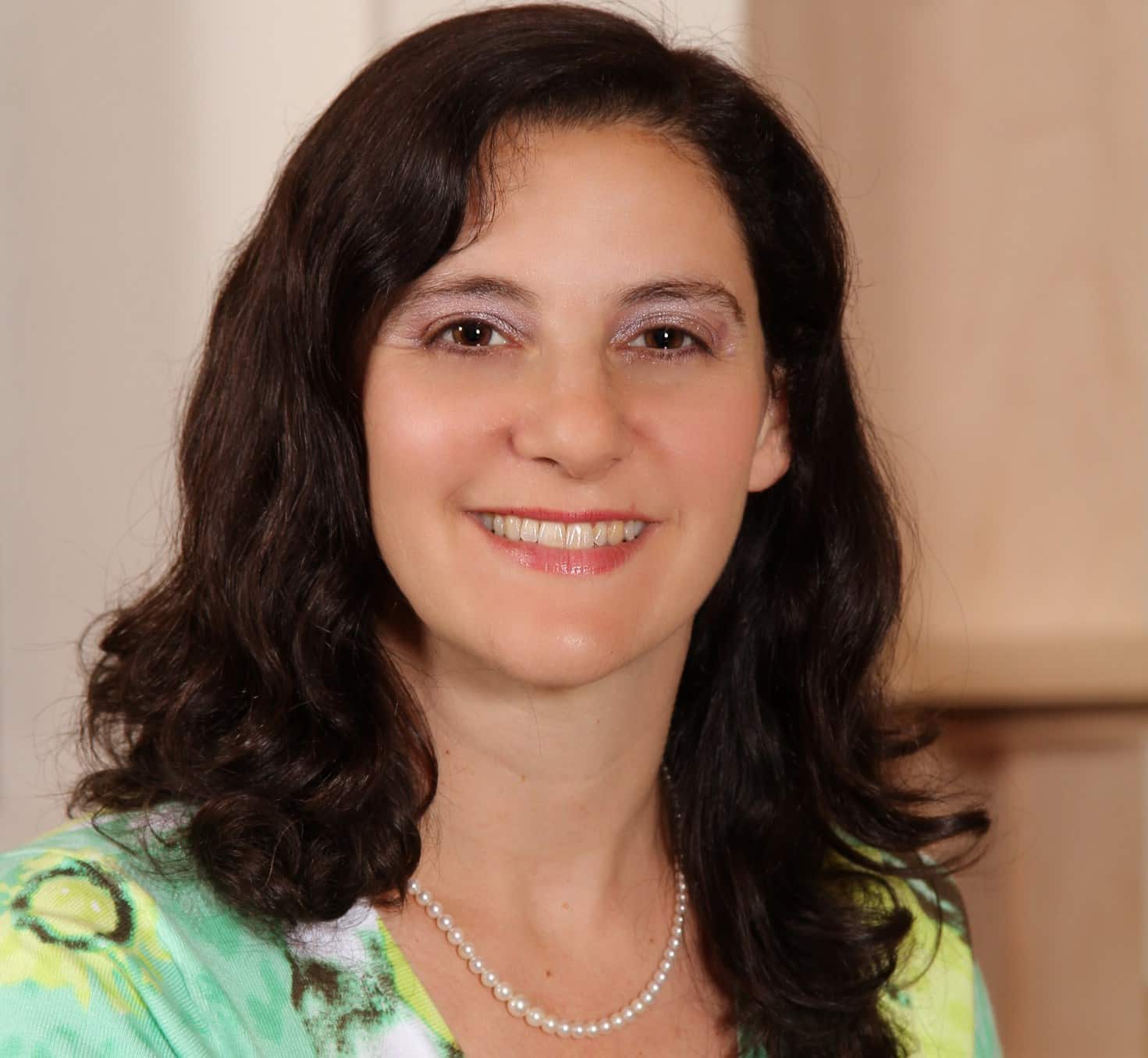 Image by nugnig/Getty Images
Image by nugnig/Getty Images In early June, at one of his nightly press briefings, Mayor Eric Garcetti introduced Capri Maddox who is the first executive director of the newly created Department of Civil and Human Rights. She began her remarks by saying.
I stand before you first of all as a wife, married to an African-American man, and the mother of an African-American teen male, and I stand before you feeling the pain that so many of our community-members have felt over the years, decades and centuries
She then talked about how traumatic it was “to see George Floyd, begging for his life, with a knee on his neck. He was calling for his mother as he slipped away to the other side.” She spoke about having to have “the talk” with her children.
It’s been nearly a month now since I heard her remarks, and her words have stayed with me. As I watched my teenage son swimming in the ocean the next day, I thought about the fears that I don’t carry for him. I don’t worry about whether he’ll be confronted by police or shot when he is walking down the street. When my husband goes out on his walks every night, I don’t worry whether he’ll come back.
Over the last year and a half, I had to grapple with my daughter’s fears of being shot in synagogue after the Pittsburgh synagogue shooting and then in Poway six months later. I had to deal with her fears of being shot when we go to the Kosher grocery store, after the Jersey City shooting. I had to deal with my fears after a social media post last fall threatened a shooting at my son’s school the next day; I had to decide whether or not to send him to school that day after spending a sleepless night worrying. I worry about Coronavirus, but I don’t need to worry about my son or my husband walking down the street because of the color of their skin. I don’t need to have “the talk” with my son about police and racism, as Capri needed to have with her son. I don’t need to worry, as Capri does, when in a store carrying a large purse whether I will be perceived a shoplifter. White privilege can sound like an abstract concept, but listening to Capri made it concrete, as she described the fears she has to bear because of the color of her family’s skin. As she said, “Unfortunately, still, your skin color speaks before you do in America.”
I worry about Coronavirus, but I don’t need to worry about my son or my husband walking down the street because of the color of their skin. I don’t need to have “the talk” with my son about police and racism.
On the week of Capri’s remarks, my son was completing his tenth grade world history course. I overheard his teacher’s video lecture where he described how the Nazis understood the Jews as a race defined by certain facial characteristics. I grew up in the shadow of the Holocaust, as my father served as the project director of the U.S. Holocaust Memorial Museum. The museum and I grew up together in Washington DC — as the museum developed from an idea on a piece of paper, when I was five, to a building that opened when I was twenty. Our home was an extension of the museum; people and artifacts related to the museum were often in our home. In our garage, we literally had canisters of Zyklone B (the gas used to kill the Jews) next to our bicycles.
As versed as I am in Holocaust history, I had always thought of the Holocaust as an expression of Anti-Semitism (since Jews were targeted). Listening to the history lecture during the protests against racism, I realized the Holocaust was also an expression of racism (since the Nazis considered Jews to be an inferior race to be exterminated). Listening to the lecture, I realized that I had a much more personal connection to racism than I thought.
Perhaps, that’s the truth that Balak understood. This week’s Torah portion from Numbers recounts how a king named Balak hired a wizard named Balaam to curse the Israelites, who he perceived as a threat. Although Balaam was hired to curse the Israelites, he blessed them instead. Balak felt very frustrated that Balaam wasn’t following his instructions to curse Israel. Balak told Balaam, “Come with me to another place from which you can see them – you will only see the edge of them, you will not see all of them, and you can curse them for me from there.”
Balak knew that seeing people from a distance can lead to misunderstandings and hatred. But seeing someone up close leads to blessings. Seeing the color of a person’s skin means only seeing the edge of them. Hearing their stories helps to see so much more. Despite Balak’s repeated pleas, Balaam chose to look more closely and bless the people instead, and so can we.
Balak knew that seeing people from a distance can lead to misunderstandings and hatred. But seeing someone up close leads to blessings. Seeing the color of a person’s skin means only seeing the edge of them. Hearing their stories helps to see so much more.
This July 4th, may we, as a nation, resolve to leave the place where the color of one’s skin, gender, sexual orientation, economic status, or disability, speaks first – for this is the place of cursing and hatred. May we move to the place where we listen to each other’s stories – and see all of a person in the totality of their humanity – for that is the place of blessing and love.
Rabbi Ilana B. Grinblat is the vice president of community engagement for the Board of Rabbis.






















 More news and opinions than at a Shabbat dinner, right in your inbox.
More news and opinions than at a Shabbat dinner, right in your inbox.